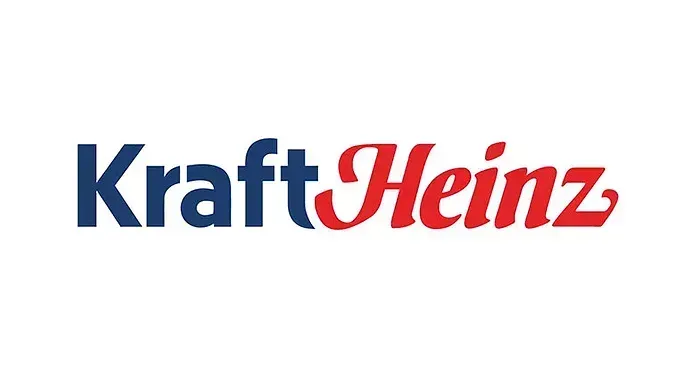ARLINGTON, Va. — Over the past few years the food industry has had to meet and surmount an ongoing wave of challenges including a nationwide pandemic and the highest rates of inflation in 40 years. Through its advocacy efforts, FMI – The Food Industry Association has played a vital part in helping the industry cope with a growing host of complex issues.
 President and chief executive officer Leslie Sarasin points first to the progress made in the fight to sustain the supermarket pharmacy business in the face of anticompetitive practices by pharmacy benefits managers, practices that threaten the very viability of supermarket pharmacy and have compelled a number of chains in recent years to close down or sell their pharmacy operations.
President and chief executive officer Leslie Sarasin points first to the progress made in the fight to sustain the supermarket pharmacy business in the face of anticompetitive practices by pharmacy benefits managers, practices that threaten the very viability of supermarket pharmacy and have compelled a number of chains in recent years to close down or sell their pharmacy operations.
“Lawmakers in Washington are taking this issue seriously, in no small part because of the education and advocacy work by FMI,” Sarasin said in a recent interview. “There are currently two bills introduced in Congress that have a strong chance of passage. The first is the PBM Transparency Act that would give greater oversight authority to the Federal Trade Commission and state attorneys general to hold PBMs accountable. The second is legislative language that would ban the practice of spread pricing in the Medicaid program. Taken together, these two bills would bring much-needed relief to our supermarket pharmacy members. We’re also anticipating a third bill to be introduced any day now that would ban direct and indirect remuneration [DIR] fees in Medicare.”
There are also hopeful signs that significant progress is in the offing regarding credit card fees, Sarasin remarked. The fees are often the highest business expense supermarkets incur, after labor and rent.

Leslie Sarasin
Legislation was introduced in the last Congress that would have required more than one credit routing network, which would give merchants, including food retailers, greater choice in payment routing and encourage innovations in vendor services and fraud protection.
“While the bill didn’t pass last year, we anticipate its bipartisan reintroduction in both the House and Senate any day now,” Sarasin said. “We believe this legislation will establish parameters that foster competition and transparency. It will also level the playing field a bit by requiring card networks to compete for our business on fees and terms — just as we compete for our customers’ business.”
Finally, looking toward the future, Sarasin is pleased with a partnership FMI has established with Junior Achievement (JA) to address industry workforce concerns by strengthening food industry recruiting abilities. The FMI-JA initiative seeks to direct young people toward inspiring food industry careers by putting FMI members in contact with local JA chapters so they can leverage, support and engage the JA programming that fits their needs.
“Junior Achievement has a proven track record of assisting young people as they begin to explore vocational options and establish viable career paths,” Sarasin noted. “Currently, we are in the pilot project phase of this initiative, but hopes are high for this to be a lasting relationship that helps our industry make significant progress in addressing our workforce woes through enhanced recruitment and improved retention.”





